Bioma Probiotics have gained significant attention among health-conscious consumers seeking better digestive wellness through natural means. These supplements claim to offer comprehensive gut health support using scientifically backed bacterial strains and innovative delivery methods. Understanding real user experiences helps determine whether these products deliver promised benefits effectively.
Understanding What Makes Bioma Different from Other Probiotics
The supplement market offers countless probiotic options, making it challenging to identify truly effective products among generic alternatives. Bioma distinguishes itself through specialised formulations that target specific digestive issues while supporting overall gut microbiome balance. Advanced encapsulation technology protects beneficial bacteria during storage and transit through harsh stomach acids.
Each capsule contains multiple bacterial strains selected for their proven ability to survive digestive processes successfully. The company emphasises quality control measures that ensure bacterial viability remains high throughout the product’s shelf life. Independent laboratory testing verifies potency claims while confirming the absence of harmful contaminants or allergens.
Manufacturing facilities follow strict pharmaceutical-grade standards to maintain consistency across all production batches. The formulation avoids artificial fillers, colours, and preservatives that could interfere with bacterial effectiveness or cause adverse reactions.
Real User Reviews Reveal Mixed but Mostly Positive Experiences
Customer feedback provides valuable insights into how Bioma performs under real-world conditions across diverse user populations. Many users report noticeable improvements in digestive comfort within the first few weeks of consistent usage. Bloating reduction appears to be one of the most commonly cited benefits among satisfied customers.
Energy level improvements frequently appear in positive reviews, with users attributing increased vitality to better nutrient absorption. Some customers also mention enhanced mood stability, which research links to the gut-brain connection through bacterial influence. Sleep quality improvements occasionally surface in testimonials, though this benefit seems less consistent across all users.
However, not every user experiences dramatic results, and some report minimal changes despite consistent usage patterns. Individual microbiome differences likely explain varying response levels to the same bacterial strains and dosages. A small percentage of users mention temporary digestive discomfort during initial adjustment periods.
Breaking Down the Science Behind These Probiotics
Research supporting probiotic benefits continues expanding, with numerous studies demonstrating positive effects on digestive health and immune function. Bioma’s bacterial strains include Lactobacillus and Bifidobacterium varieties that research has extensively studied for safety and effectiveness. These strains help maintain beneficial bacterial populations while crowding out potentially harmful microorganisms.
The supplement’s multi-strain approach addresses different aspects of gut health simultaneously rather than targeting single issues. This comprehensive strategy aligns with current understanding of microbiome complexity and the interconnected nature of bacterial communities. Clinical studies suggest that diverse bacterial populations generally support better overall health outcomes.
Key research-backed benefits include:
- Enhanced nutrient absorption and vitamin synthesis
- Improved intestinal barrier function and immune response
- Better regulation of inflammatory processes throughout the body
- Support for healthy cholesterol levels and cardiovascular function
- Potential mood and cognitive function improvements
Delivery technology ensures bacterial survival through stomach acid exposure, allowing more live organisms to reach intestinal destinations. This factor significantly impacts effectiveness compared to standard probiotic formulations without protective coatings.
Comparing Costs and Value Against Competitor Products
Pricing analysis reveals that Bioma falls within the premium supplement category, reflecting higher manufacturing standards and quality ingredients. Monthly supply costs typically range between $40 and 60, depending on subscription plans and promotional offers available. This price point positions the product above basic drugstore probiotics but below specialised medical-grade formulations.
Subscription options provide modest savings while ensuring consistent supply without interruption of beneficial bacterial supplementation routines. Bulk purchasing discounts make longer commitments more economical for users committed to extended usage periods. Money-back guarantees reduce financial risk for first-time buyers uncertain about product compatibility.
Comparative value depends largely on individual response rates and specific health goals driving supplement choices. Users experiencing significant benefits often consider the investment worthwhile despite higher costs compared to generic alternatives. Those seeing minimal results may find better value in less expensive options.
Potential Side Effects and Safety Considerations for Users
Most users tolerate Bioma well without experiencing significant adverse reactions during normal usage patterns and recommended dosages. Initial digestive adjustments commonly occur as gut bacteria populations rebalance following the introduction of new bacterial strains. These temporary effects typically resolve within one to two weeks of consistent usage.
Mild symptoms during adjustment periods may include temporary bloating, gas production, or changes in bowel movement patterns. These reactions generally indicate that bacterial populations are shifting, which represents normal adaptation processes. Gradual dosage increases can minimise adjustment discomfort while allowing microbiome adaptation.
People with compromised immune systems should consult healthcare providers before starting any probiotic supplementation regimen. Certain medical conditions or medications might interact with bacterial supplements, requiring professional guidance for safe usage. Pregnant or nursing women should also seek medical advice before beginning probiotic supplementation.
Making Your Decision: Is Bioma Right for Your Health Goals?
Determining whether Bioma suits your individual needs requires an honest assessment of your current digestive health status and realistic expectations. Users with chronic digestive issues often see more dramatic improvements compared to those with relatively healthy baseline function. Consistency in usage patterns significantly impacts results regardless of individual starting points.
Budget considerations play an important role in the sustainability of any supplement regimen over extended periods required for optimal benefits. Premium pricing may justify itself through superior quality and effectiveness, but only if results align with personal health goals. Trial periods allow evaluation without major financial commitments to unsuitable products.
Your healthcare provider can offer personalised guidance based on individual health history, current medications, and specific wellness objectives. Professional input becomes particularly valuable when addressing chronic conditions or combining multiple supplements simultaneously.
Consider starting with smaller packages to assess personal tolerance and effectiveness before committing to larger quantities or subscription plans. Document changes in digestive comfort, energy levels, and overall wellness to track progress objectively over time.

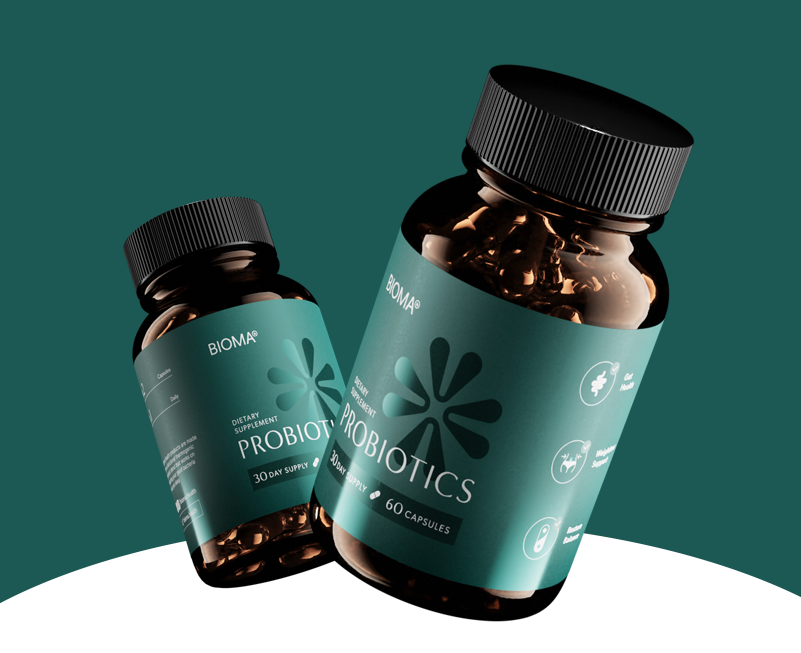
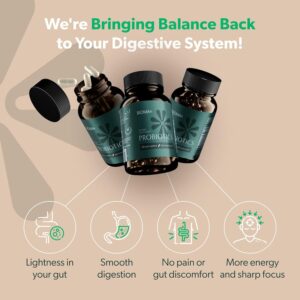

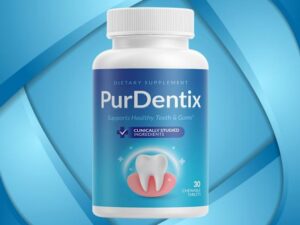
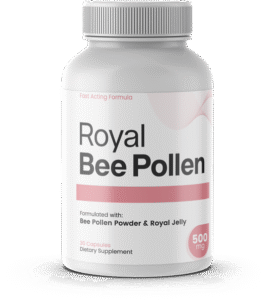
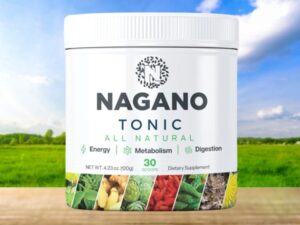
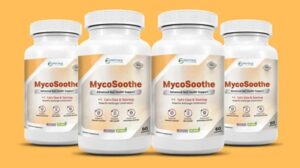
Be First to Comment